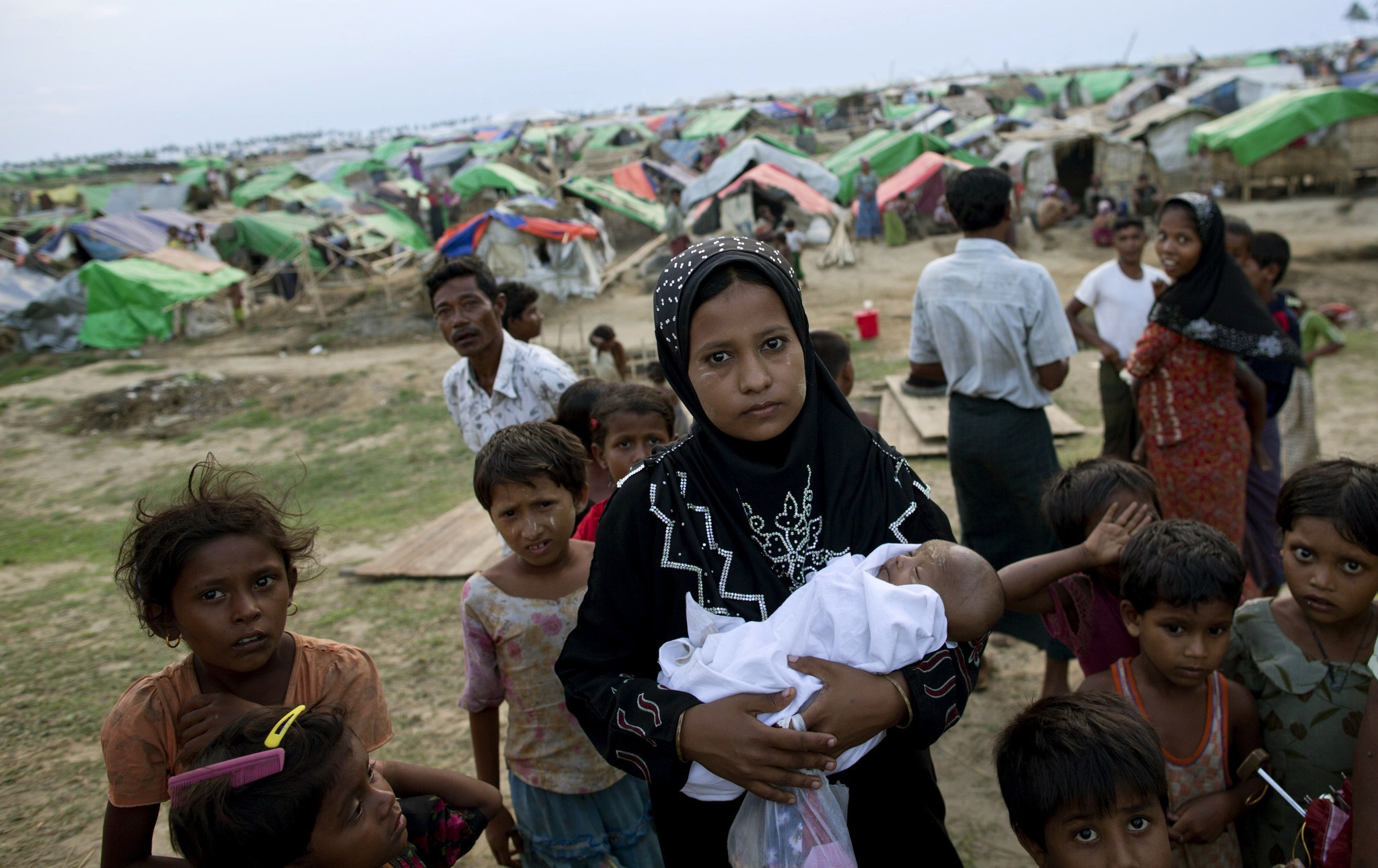MADISON KOCHENDERFER WRITES — If a responsible journalist, it is one’s duty to ensure that the information shared with the world is accurate, especially in a time where fake news is so rampant. When media exploits “alternative facts,” attention detracts from where it is truly needed, and individuals are left wondering what information is genuinely credible and trustworthy.
In countries such as Myanmar, where government censorship is common and there is little freedom of press, these concerns are heightened to new extremes. In light of recent atrocities committed toward Rohingya people, it begs the question, how much information is the government leaving out of the media to protect itself?
Myanmar ranked a low 144th out of 180 countries in the 2016 Press Freedom Index from Reporters without Borders. This is an increase from its rank of 151st in 2012 when all publications were censored and required pre-approval prior to publishing. Despite the rank increase and Myanmar’s attempts at revising laws regarding freedom of press and the media, current governmental control and limitations on journalists make Myanmar a dangerous country to report on. This is true more than ever now that the government itself is at the root of the recent Rohingya controversy.
Recent arrests show little toleration for journalists reporting on the Rohingya situation. On September 7th, local journalist, Minzayar Oo, and his assistant, Hkun Lat, were arrested on spying charges for “collecting information on the Rohingya for Myanmar.” Covering controversial crises is critical for journalists, however, the lack of protection given to the Rohingya people results in continued censoring of both incoming and outgoing media.
Tech hubs such as Phandeeyar, a startup focused on data journalism, play an important role in empowering local journalists and giving them the resources to share credible, uncensored information. Phandeeyar hopes to track down government documents and release official records to increase government transparency, while continuing to be an advocate for freedom of expression and digital rights.
There is hope that tech companies, such as Phandeeyar who emphasizes the spread of credible news, will be able to provide countries such as Myanmar with a more accurate depiction of current events when such information is greatly needed.

